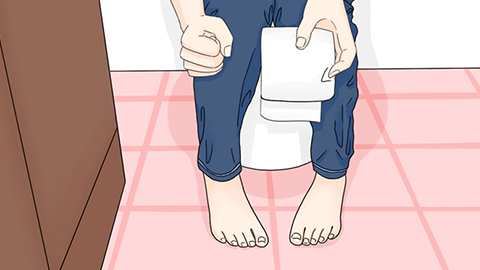Do hemorrhoids run in families?
Generally speaking, hemorrhoids are not directly inherited diseases, but genetic factors may increase the likelihood of developing them. If any abnormalities occur, it is recommended to seek medical attention promptly. The specific analysis is as follows:

If immediate family members have suffered from hemorrhoids, offspring may inherit physical traits that predispose them to hemorrhoids, such as weak venous walls or weaker anal sphincter function. These congenital factors make the veins around the rectum and anus more prone to dilation and twisting. Combined with acquired habits such as prolonged sitting, constipation, or irregular eating habits, the development of hemorrhoids can be accelerated.
In most cases, the occurrence of hemorrhoids is primarily closely related to postnatal lifestyle factors. Even without a family history of hemorrhoids, long-term sitting, lack of exercise, a diet high in spicy or greasy foods, and chronic constipation or diarrhea can hinder venous blood return in the rectal and anal areas, increasing pressure and ultimately leading to hemorrhoids.
Even if there is a familial tendency toward hemorrhoids, there is no need for excessive concern. By developing good lifestyle habits, such as regular exercise, a light diet, avoiding prolonged sitting, and maintaining regular bowel movements, the risk of developing hemorrhoids can be effectively reduced. If symptoms such as anal discomfort or rectal bleeding occur, prompt medical evaluation is necessary.









